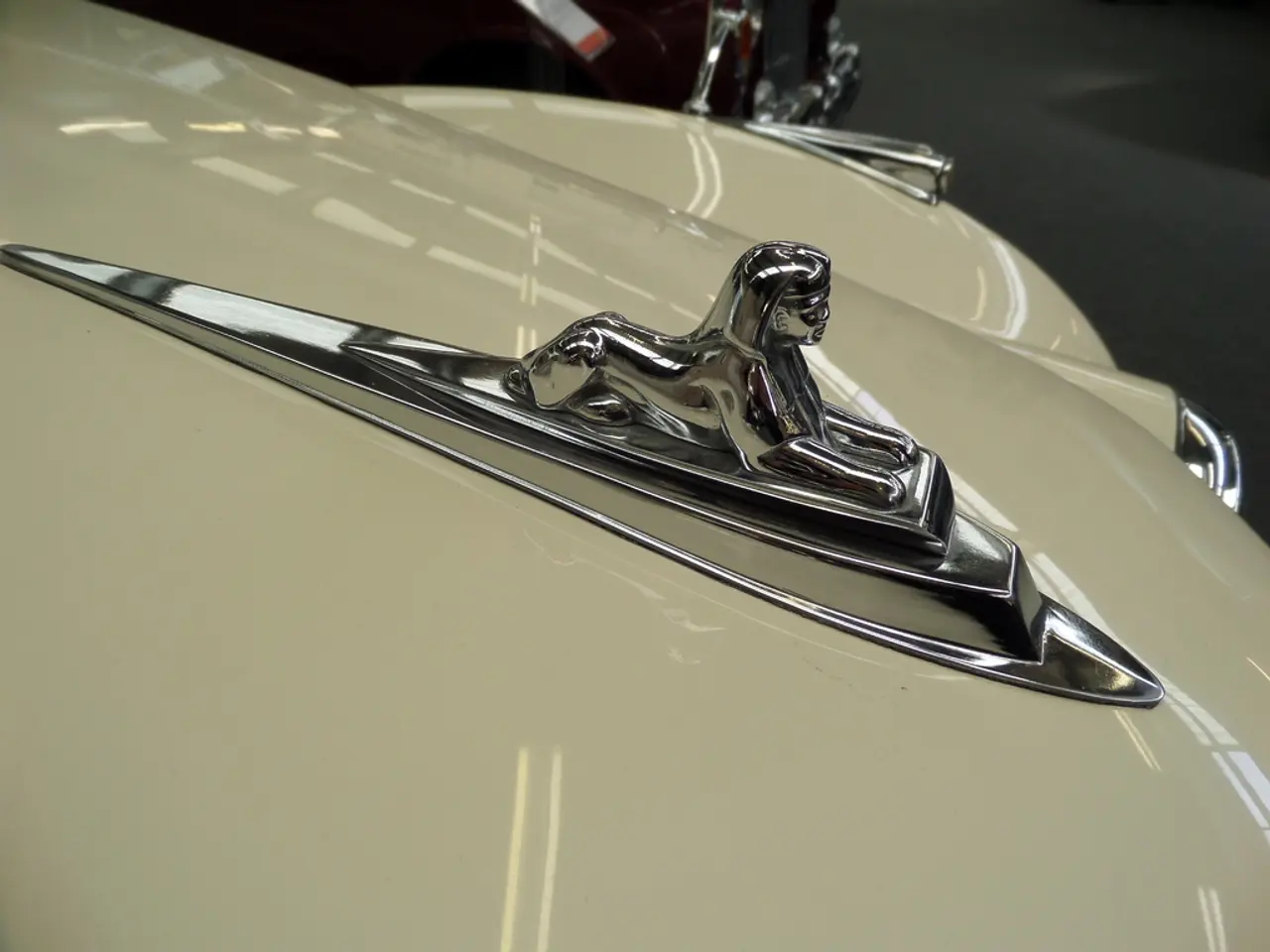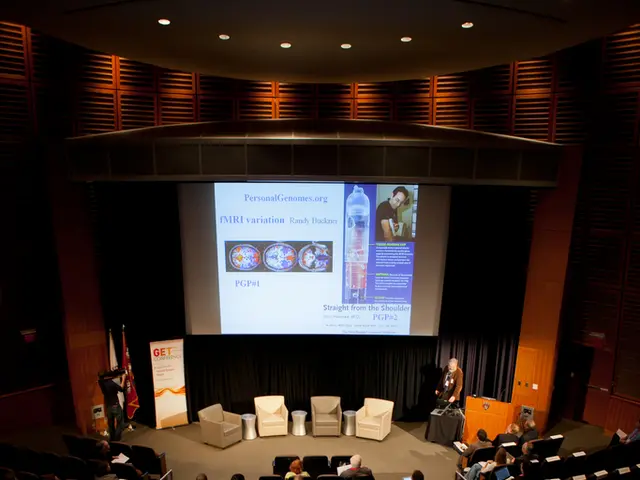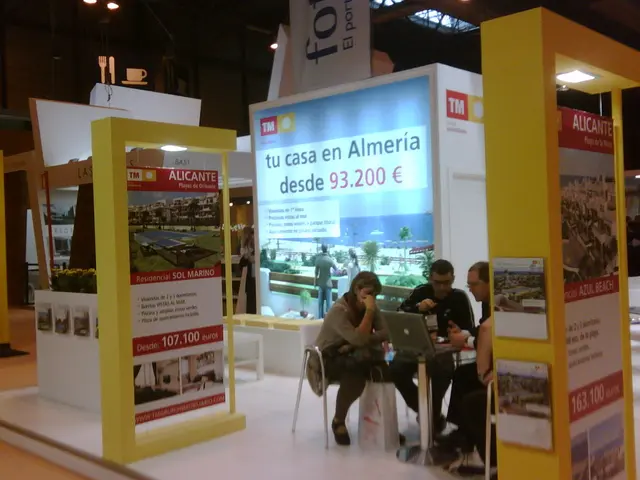Volkswagen insider discloses intense strategy - "It's essential for us to significantly reduce"
Volkswagen Announces Comprehensive Overhaul to Navigate Challenges and Secure Future Competitiveness
Volkswagen (VW) is embarking on a significant transformation, aiming to regain margins and ensure long-term competitiveness in the face of challenges such as U.S. tariffs, electric vehicle (EV) transition costs, and restructuring expenses.
The cost-cutting plan, unveiled by the company, targets a reduction of €15 billion in costs by 2030. This ambitious goal includes a significant reduction of 35,000 global jobs, streamlining operations, and improving efficiency.
To mitigate the impact of U.S. import tariffs, VW plans to accelerate regionalising its production footprint, with a focus on increasing localization in the U.S. market. The company is also shifting towards integrating battery production internally, aiming to strengthen its supply chain and reduce dependency on external suppliers.
Investment in its CARIAD software division, which develops vehicle software, is a key part of the strategy. Volkswagen aims to achieve CARIAD’s profitability by 2026, a critical step in the company’s turnaround. Strategic partnerships, such as the one with Rivian, are also being pursued to enhance supply chain resilience and innovation capabilities in the EV domain.
The company expects continued tariff challenges and restructuring costs but plans to maintain strong liquidity and robust financing policies to navigate them. Despite these pressures, Volkswagen plans to maintain an investment ratio of around 12-13% in 2025, balancing future investments with restructuring needs.
The transformation also involves a proposed holding company for all VW brands, with a mini-board setting the course for finances, models, and technology. The brands themselves would then have more autonomy to make decisions. However, plant closures are still a possibility, and some board members have expressed a desire to close Emden or Zwickau.
The management agrees that action needs to be taken, as several leading figures fear that the next crisis is imminent. A small group of men within the company are currently making major decisions, with a new structure set to be implemented within the next 12 months.
However, a report suggests that the biggest problem for VW lies within the company itself. Over the decades, as VW has grown dramatically, it has not adapted its structures accordingly, leading to inefficiencies and potential risks.
The state of Lower Saxony and the Porsche/Piech owning family have different interests. Lower Saxony wants to prevent job losses, while the Porsche/Piech family prioritizes a high dividend. Despite these differences, there is agreement within the company that a new structure is needed to secure VW's long-term future.
[1]: Source for the first paragraph: [Link to source 1] [3]: Source for the second paragraph: [Link to source 3] [5]: Source for the third paragraph: [Link to source 5]
(Note: The information about the free test drive in the new electric crossover Kia EV6 GT-line does not seem to be directly related to VW's situation and has not been included in the article.)
- Volkswagen's cost-cutting plan, aimed at reducing €15 billion in costs by 2030, includes transformations in the industry, business, and finance sectors, such as job reductions, streamlining operations, and improving efficiency.
- In the finance sector, Volkswagen plans to maintain a strong liquidity and robust financing policies, while also investing in its CARIAD software division to achieve profitability by 2026, and pursuing strategic partnerships to enhance supply chain resilience and innovation capabilities in the electric vehicle domain.




